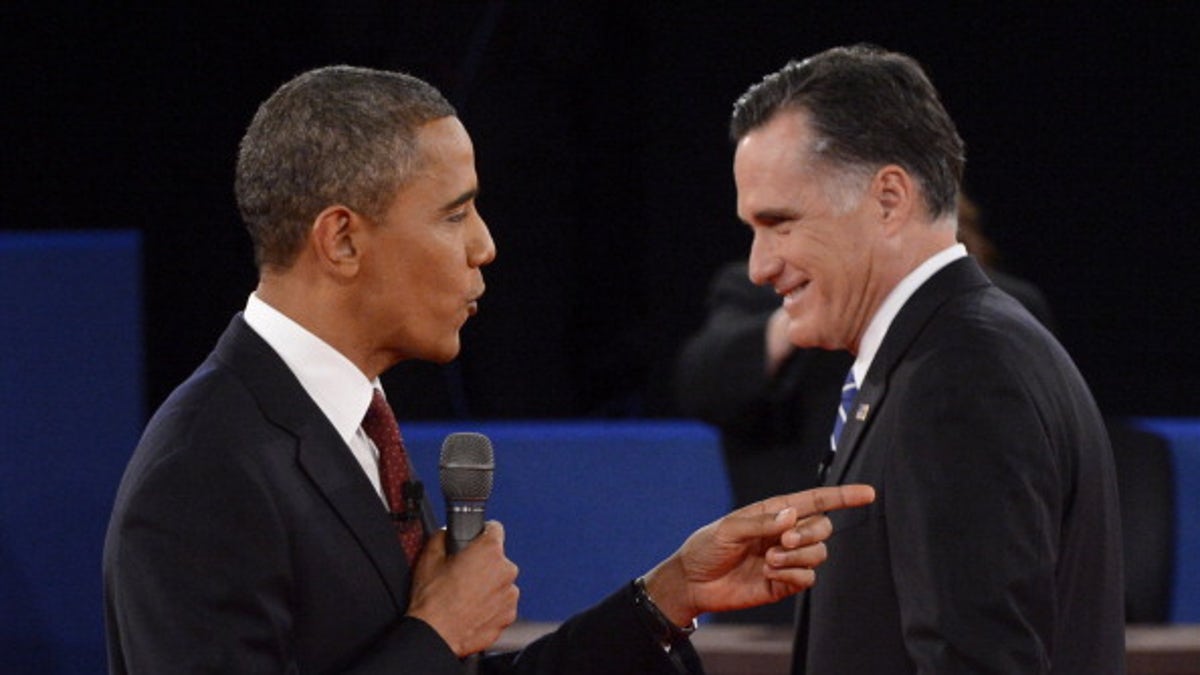
Aging Latinos are experiencing many troubling issues, prompting them to vote. (Getty)
President Barack Obama and Republican nominee Mitt Romney have aggressively reached out to women, Hispanics, and even small business owners.
But one subgroup has been clamoring for attention: Latino seniors.
Dr. Yanira Cruz, President and CEO for the National Hispanic Council on Aging (NHCOA) in Washington, D.C., which has been studying the needs and concerns of Latino seniors and their families, says their voting power this year is more critical than ever.
Neither campaign is specifically targeting Hispanic seniors, but Dr. Cruz insist it’s important to understand why senior citizens, as a whole, play a vital role this presidential elections. With Latino seniors living in critical voting states, like Texas, California, Florida and New York, she points out, the growing senior citizen population shows why it's important to know where the next president stands on aging issues.
“What I understand from these two leaders is that Romney is committing to strengthening social security and strengthening Medicare, which are both very positive,” explains Dr. Cruz. “From President Obama’s side, we see that health care is something he will continue to protect. We understand that Medicare fraud is a huge issue undermining the sustainability of that program. We know that President Obama has committed to continuing to work very hard to address Medicare fraud. Like Romney, he’s also committed to securing social security, an important program for adults.”
Hispanic seniors, in particular, are facing many challenges.
Of the two million Hispanic older adults living in the United States in 2010, nearly one in five lived in poverty, according to the NHCOA. Without Social Security, they say, over 50 percent of Hispanic older adults would suffer the same fate.
Not only did 5.5 percent of Hispanic older adults lack health insurance, but in 2009, they paid 48 percent more of their income on monthly housing costs than the rest of the country, they found. Dr. Cruz and the NHCOA believe Latino senior citizens cannot support themselves, underscoring why the next president should place an emphasize on affordable health care.
“The shortage of financial stability they’re experiencing is creating many challenges in their lives, from having to live with their adult children or reducing their cost by making unthinkable choices,” says Cruz. “For example, skipping meals or reducing their medications so that the medicines last longer.”
In a Census report published early October, it shows Hispanics were less likely to see a doctor than any other ethnic group, with 42 percent never visiting one in 2010. This could be attributed to the fact that many were uninsured.
And this, Dr. Cruz, is one of the many reasons why Latino seniors are anxious to vote.
“They (Latino seniors) are very eager to stay up to speed and understand what the candidates were proposing for them,” she says. “I know that they’re listening and tuning in. And that was very important because in the end the solution is really in their hands.”
